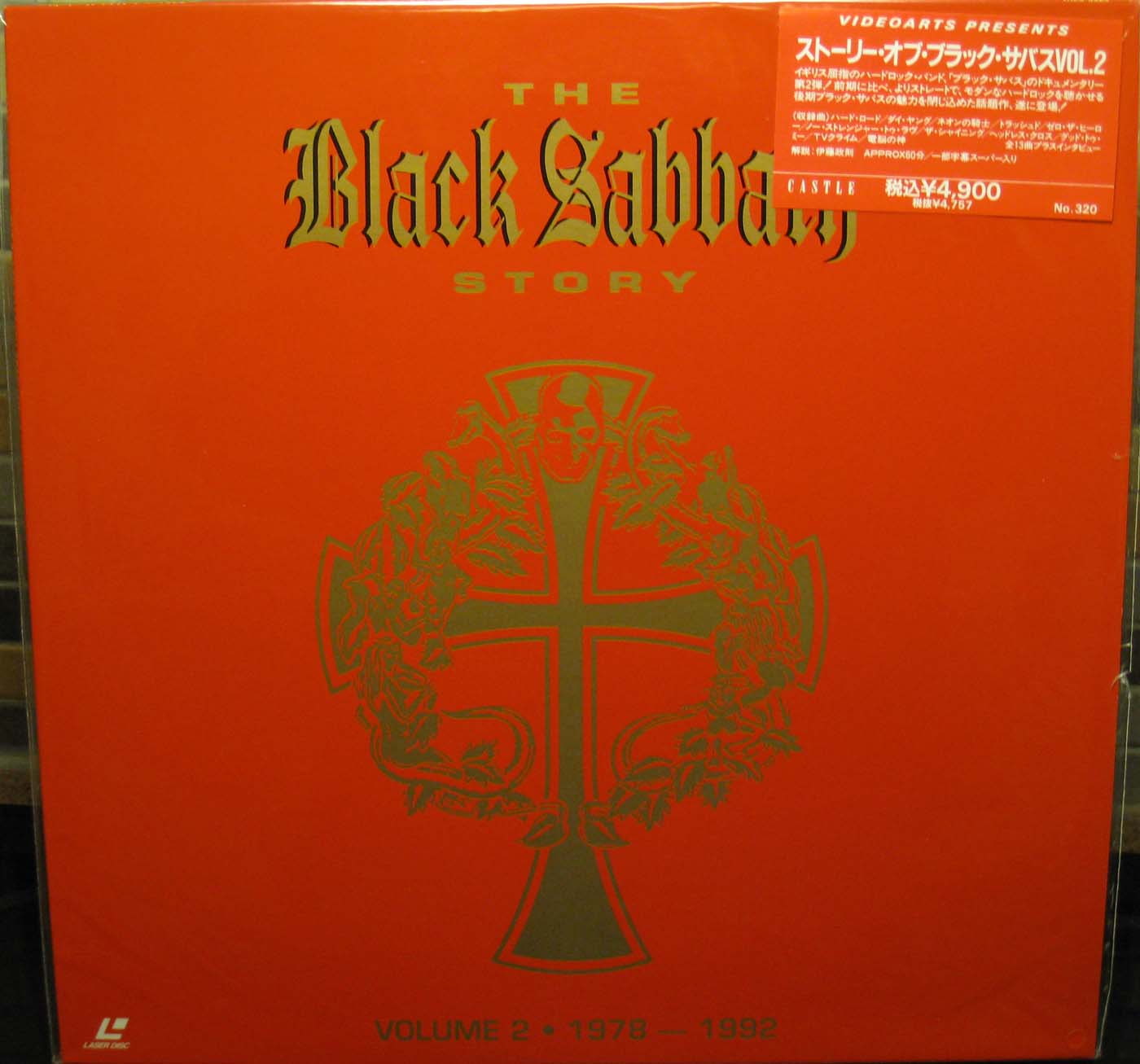
13 in the U.S., anyway, while reaching No. Critics were typically dismissive of the album, though the critical community would later reverse itself dramatically and hail Black Sabbath as the musical pioneers they really were. 4 went gold in less than a month and was later certified platinum. It was like, 'Well, just go home, you're not being of any use right now.' I felt like I'd blown it, I was about to get fired." "I nailed it in the end, but the reaction I got was the cold shoulder from everybody. "I hated the song there were some patterns that were just horrible," he said in The Story of Black Sabbath: Wheels of Confusion. But some tracks suffered from mixing issues, with both the band members and their technical support team dealing with drug issues.ĭrummer Bill Ward feared he would lose his job over his drug use after he struggled to record "Cornucopia," which featured some challenging time changes. For an album that was originally going to be called Cocaine (yes, you read that correctly, but the suits chopped that idea. 4, singing with a range and clarity throughout that surpassed everything he had previously done. Osbourne delivered some of the standout vocal performances of his career on Vol. "Supernaut" featured an Iommi riff so classic that artists as diverse as Frank Zappa and Led Zeppelin drummer John Bonham would later name it as a favorite. One of the most dramatic departures was "Changes," a piano-driven gospel-blues lament that Ozzy Osbourne would later recall as a favorite in his autobiography. Vitus Dance" with longer, more complicated songs like "Tomorrow's Dream" and "Cornucopia." "FX" was little more than an abstract soundscape, while the acoustic "Laguna Sunrise" showcased a gentler side of Iommi that wouldn't have been out of place as a B-side from In the Court of the Crimson King. You have to remember too, Dio was coming from Rainbow when he joined Sabbath, so he already had somewhat of a non-metalhead audience that he brought with him from there.Even so, the group succeeded at expanding their musical parameters, intermingling classic riffage like "Snowblind" and "St. Granted their debut and Master of Reality are a bit higher, but I don't think it is by a margin that suggests that they have vastly more appeal. That's not really any surprise given how much airplay Iron Man, Paranoid, and War Pigs. In very general terms of how widespread their appeal was, I think a fair metric to measure such a thing would be how well the albums have performed overall, and when looking at that, Paranoid is the only one that really blows the doors off of Heaven and Hell. Dio-era albums, using that sharpter 80s metal sound really only appeal to metalheads. Stylistically, old Ozzy-era Sabbath appeals a lot to general rocks fans, whether they're psychedelics or grungers or hard rockers or whatever. There is that, but it's also a matter of style. 13 was very precise and too quantized for me. I don’t care much for 13 because I miss Ward’s swing and the way he pushes and pulls within the songs. I can say Ward may very well be my all time favorite drummer. I prefer the Ozzy era for the groundbreaking powerhouse it was. I feel Sabbath needs Geezer’s lyrics and low end thump. Guys like Appice and Powell were definitely better fits when things needed to be more straight ahead and click-track like.

Ward was like the conductor or band leader pushing and pulling against Iommi and Geezer. It pains me to say it, but the stylistic shift wasn’t suited for Ward’s drumming in my opinion. Not every song is my cup of tea, but there are great gems to be found through the non-Ozzy catalog.įor the Dio era, I’m a Mob Rules guy.

I was definitely an Ozzy-era only guy for a long time until reading Iommi’s book and gave all the non-Ozzy albums an honest, open minded re-listen. I struggled with the abrupt stylistic change for many years.


 0 kommentar(er)
0 kommentar(er)
